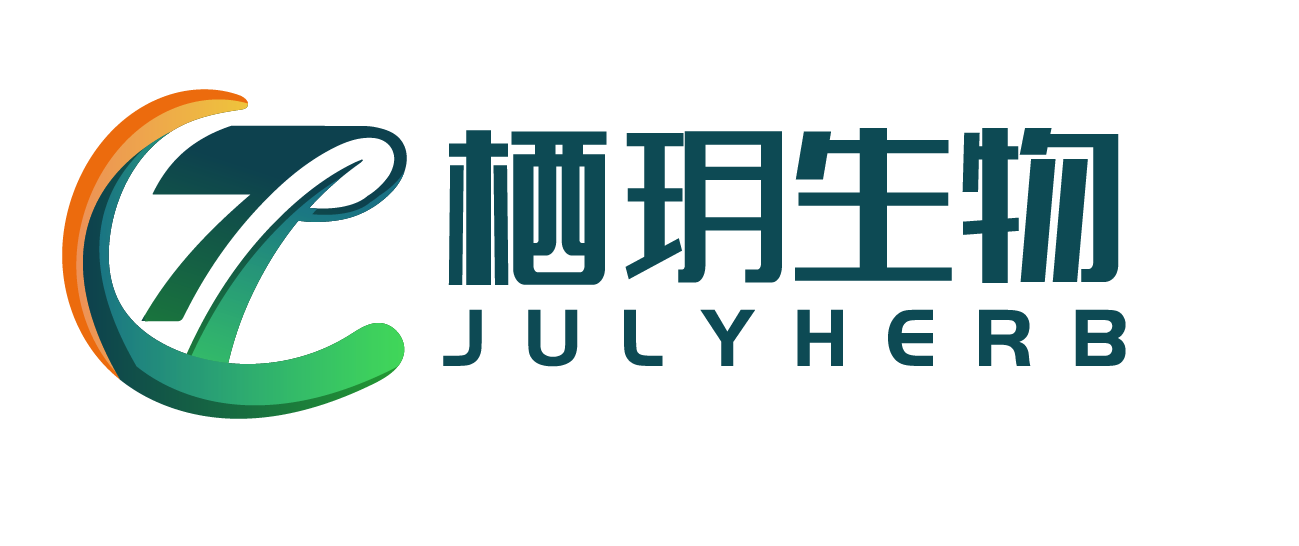Julyherb Supply Carbomer for Cosmetic
Carbomer, also known as Carbomer, is a polymer formed by chemical crosslinking of acrylic acid or acrylate with allyl group ether, including polyacrylic acid (homopolymer) and long-chain alkanol acrylate polymer (copolymer). Its molecular structure contains 52~68% acid groups, so it has certain acidity and hydrophilicity, and can be dissolved in water, ethanol and glycerol.
Carbomer has functions such as thickening, suspension, stabilizing the system, regulating the release of water and active substances, and has simple process and good stability. Therefore, it is a rheological modified thickener widely used in personal care products, pharmaceuticals, and other fields.

Performance and Application of Commonly Used Carbomer Series
Depending on the degree of cross-linking and molecular weight, Capom has various types of products, including traditional series such as Carbopol 910, 934, 934 P, 940, 941, 954, as well as new polymers such as Carbopol Ultrez 20/21. Due to the differences in suspension stability characteristics, flow change length, and other properties of different models of Kapooms, their applications in various industries also vary. Let’s take a look at the performance and application of several commonly used carbomers in cosmetics.

Carbopol 940:
Short rheology, high viscosity, high clarity, low ion resistance and shear resistance, suitable for gel and cream
Carbopol 941:
Long rheology, low viscosity, high clarity, medium ion resistance and shear resistance, suitable for gel and lotion
Carbopol ETD 2020:
Acrylate/C10-30 alkyl acrylate cross chain copolymer, long rheological, low viscosity, high clarity, high ion resistance and shear resistance, suitable for clear gel.
Carbopol AQUA SF-1:
Liquid, with long rheological properties, can be formulated into clear formulations, and has excellent compatibility with various components. It can be used in surfactant systems for acid reflux thickening.
carbopol Ultrez 21:
Acrylate/C10-30 alkyl acrylate cross chain copolymer, short rheological, used for gel, cleaning products, high electrolyte products, cream, lotion.
Carbopol Ultrez 20:
Acrylate/C10-30 alkyl acrylate cross chain copolymer, long rheology, shampoo, bath gel, cream/lotion, skin care with electrolyte, hair care gel
Pemulen TR-1:
Acrylate/C10-30 alkyl acrylate cross chain copolymer, thickened emulsifier, short rheology, used for cream and lotion
Pemulen TR-2:
Acrylate/C10-30 alkyl acrylate cross chain copolymer, thickened emulsifier, long rheological, used for lotion
Application

Carbomer polymer emulsifiers are superior to general emulsifiers
Effective at very low concentrations -0.1-0.5%, replacing traditional surfactant dosage of 3-7%
Not limited by HLB values and PlT
Can emulsify any liquid oil at room temperature
If wax is melted during the manufacturing process, it can be emulsified
By fully utilizing the wetting, dispersion, adhesion and other functions of surfactants, stable emulsions can be prepared
When re wetting, it will not emulsify again, making it easy to prepare waterproof emulsions without film forming agents
Can dissolve high oil phase into water to form (o/w) emulsion
Can prepare: moisturizing cream, lotion, face cleaning products, sunscreen products, alcohol free perfume, essence hair conditioner (enhance luster, easy to comb), hand washing
Agent, low consistency spray emulsion and transparent microemulsion, etc. There are many methods to reduce the difficulty of carbomer in application. One method is to add carbomer to the oil phase system to slow down its swelling rate, which is called indirect method, but this depends on the formula. Capom is not very sensitive to changes in the addition process.
